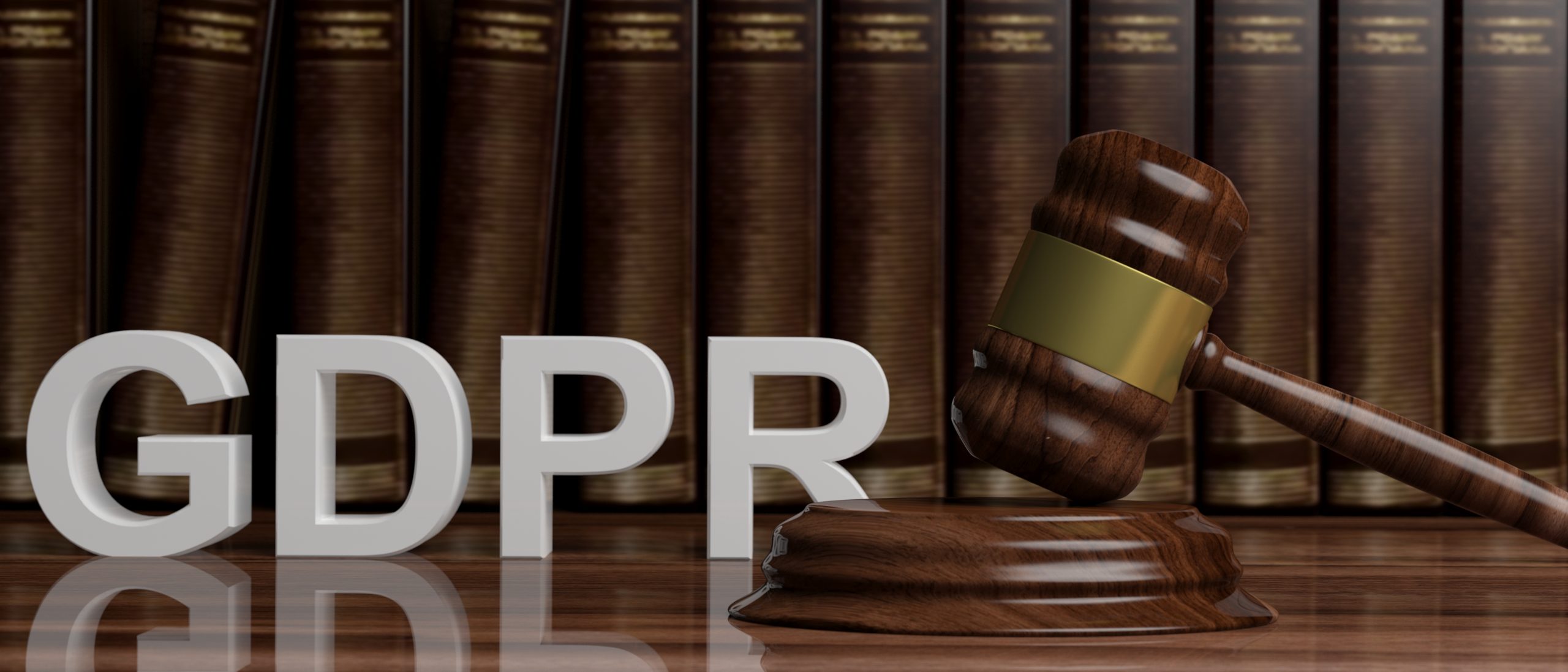Data protection has become increasingly important in the digital age, with the UK implementing robust regulations to safeguard individuals’ personal information. In this blog, we delve into the legal landscape in the UK, focusing on the rights individuals have over their data and the obligations businesses must fulfill to ensure compliance.
Individual rights under the GDPR
- Right to Access: Individuals have the right to obtain confirmation if their data is being processed and access to that data, along with information about how it is being used.
- Right to Rectification: Individuals can request the correction of inaccurate or incomplete personal data held by organizations.
- Right to Erasure (Right to be Forgotten): Individuals have the right to request the deletion of their personal data under certain circumstances, such as when the data is no longer necessary or when consent is withdrawn.
- Right to Restrict Processing: Individuals can request the limitation of processing their personal data, often exercised when the accuracy or lawfulness of the data is in question.
- Right to Data Portability: Individuals can request to receive their personal data in a structured, commonly used, and machine-readable format, enabling them to transfer it to another organization.
- Right to Object: Individuals have the right to object to the processing of their personal data, including for direct marketing purposes or based on legitimate interests.
- Rights related to Automated Decision Making and Profiling: Individuals have the right to challenge decisions made solely based on automated processing, including profiling, which significantly affects them.
- Right to Lodge a Complaint: Individuals can file complaints with the Information Commissioner’s Office (ICO) if they believe their privacy rights have been violated.
Lawful Basis for Data Processing
The lawful process for data processing in the UK involves selecting one of the six lawful bases defined by the General Data Protection Regulation (GDPR). These bases include consent, contractual necessity, legal obligation, vital interests, legitimate interests, and public tasks. Organizations must carefully assess which lawful basis is most appropriate for each processing activity, ensuring it aligns with the purpose and context of the data processing. They should document the chosen lawful basis and be able to demonstrate its compliance with the GDPR’s principles. It is essential to respect individuals’ rights and freedoms and ensure transparency and accountability throughout the data processing lifecycle.
Data Protection Impact Assessments (DPIAs)
DPIA is a systematic process that helps organizations assess and mitigate privacy risks associated with their data processing activities. It involves identifying and evaluating potential risks to individuals’ rights and freedoms, documenting the assessment findings, and implementing measures to minimize those risks. DPIAs are typically required for high-risk processing activities, such as large-scale data processing or systematic monitoring. They promote transparency, accountability, and compliance with privacy regulations, helping organizations identify and address privacy concerns proactively. The DPIA process involves collaboration with relevant stakeholders, including privacy officers and individuals whose data is being processed, to ensure a comprehensive and effective assessment.
Data Breach Notification
Data breach notification is a crucial aspect of it. When a personal data breach occurs, organizations must notify the relevant parties without undue delay. Notification obligations include informing affected individuals about the breach’s potential impact, providing recommendations to mitigate any adverse effects, and reporting the breach to the Information Commissioner’s Office (ICO) within 72 hours, if necessary. Prompt and transparent communication helps individuals take necessary precautions and allows regulatory authorities to assess the situation. Proper incident response planning and preparation enable organizations to swiftly identify and respond to breaches, minimizing potential harm and maintaining trust with customers. Compliance with data breach notification requirements is essential for demonstrating accountability and fulfilling legal obligations in safeguarding personal data.
International Data Transfers
International data transfers involve the transmission of personal data from the UK to countries outside the European Economic Area (EEA). Organizations must ensure an adequate level of privacy when transferring personal data internationally. Approved mechanisms for lawful international transfers include using standard contractual clauses, binding corporate rules, obtaining explicit consent from individuals, or relying on specific derogations outlined in the GDPR. Organizations must assess the laws and safeguards in the destination country to ensure compliance and protect individuals’ rights. Adequate measures are necessary to safeguard data privacy during international transfers and maintain compliance with its regulations.
By exploring the rights and obligations in the UK’s data protection legal framework, this blog aims to equip readers with a comprehensive understanding of their legal responsibilities and empower them to protect individuals’ privacy rights effectively.
Click the link to learn about GDPR Compliance https://www.gordonandthompson.com/gdpr/
Related Posts
- 62
In the digital era, e-commerce businesses face unique Legal Considerations in the UK when it comes to online sales and consumer protection. Ensuring compliance with relevant laws and regulations is vital for maintaining a successful and legally sound e-commerce operation. In this blog post, brought to you by Gordon and…
- 60
The General Data Protection Regulation Compliance is a fundamental legal framework that governs data protection and privacy within the European Union (EU). Despite the UK's departure from the EU, the GDPR remains a critical regulation for businesses operating within the UK. At Gordon and Thompson Solicitors, we recognize the significance…
- 59
Legal considerations for start-ups in the UK are essential to ensure compliance with relevant laws and protect the business. Here are some key legal areas to consider: Business Structure: Choose an appropriate legal structure for your start-up, such as a sole trader, partnership, limited liability partnership (LLP), or limited company.…












2 thoughts on “The Legal Landscape of Data Protection”